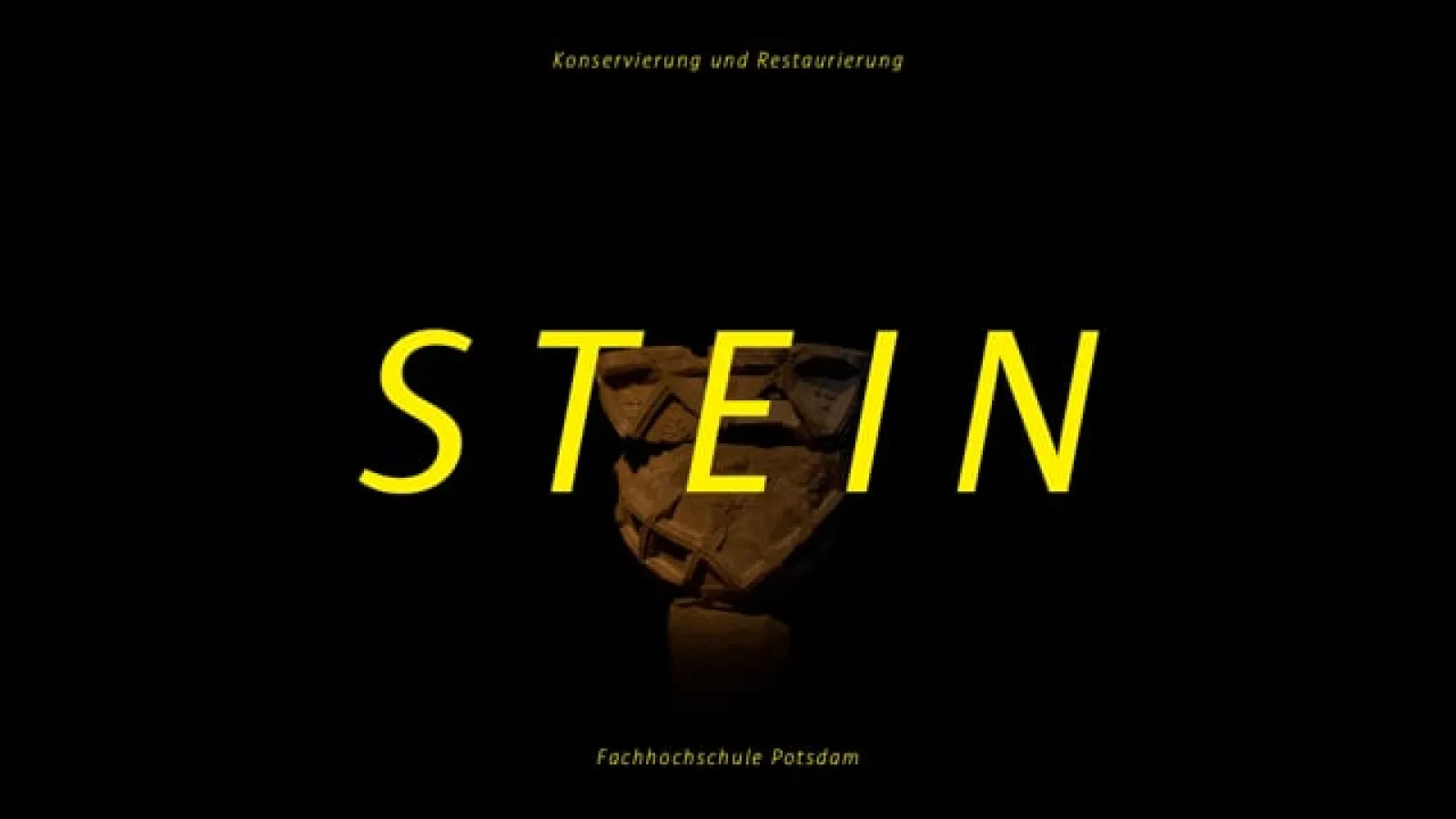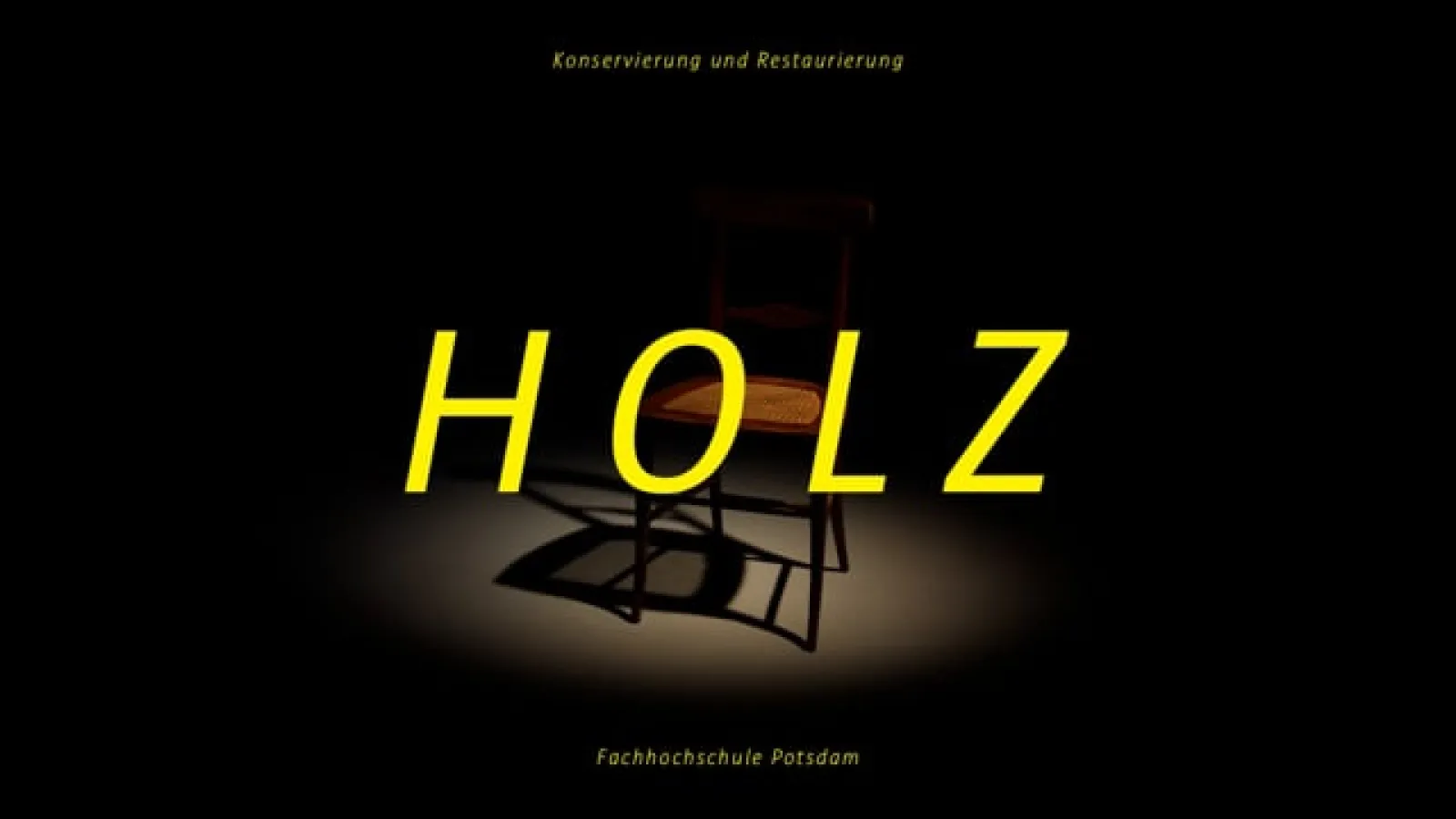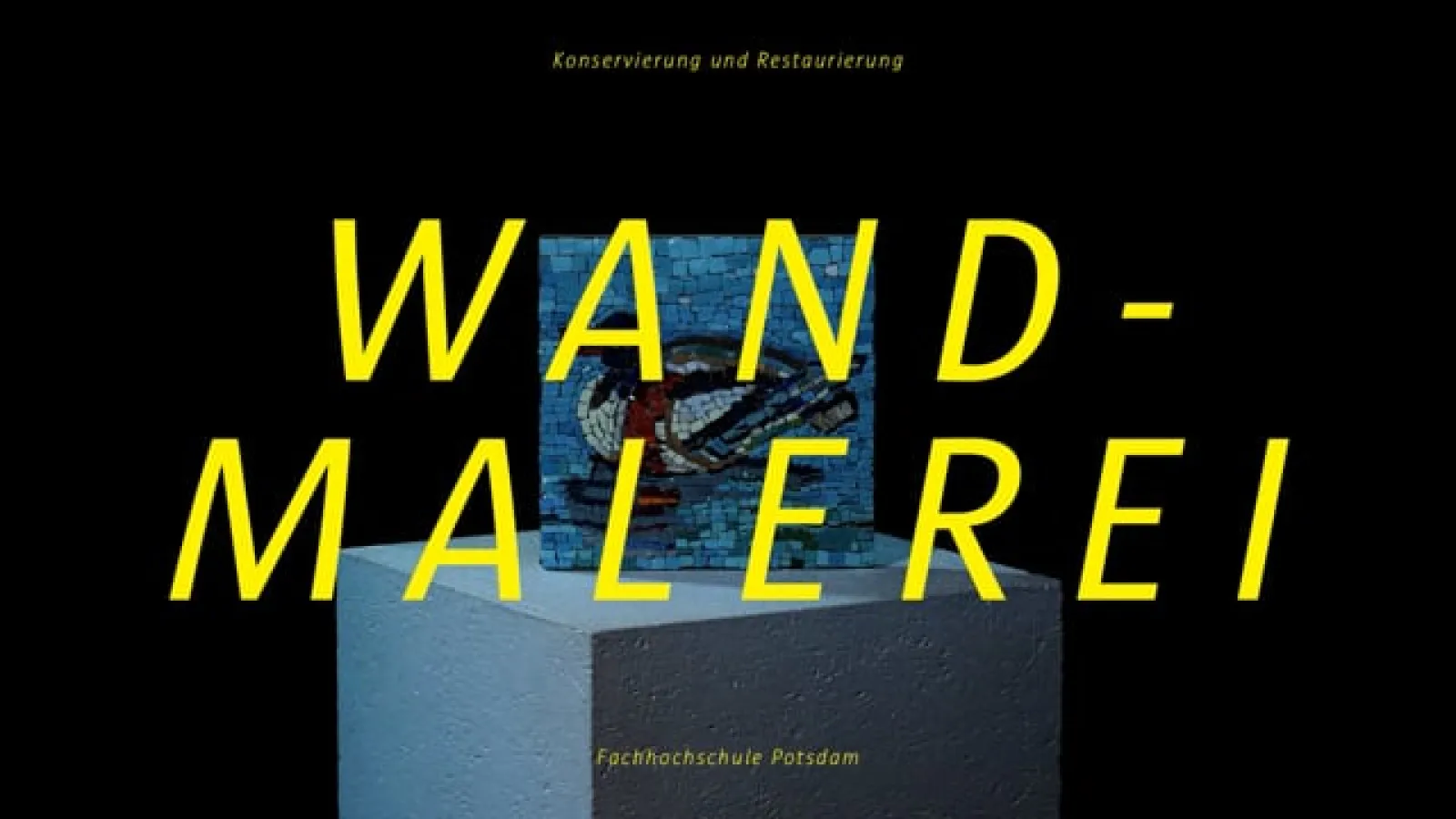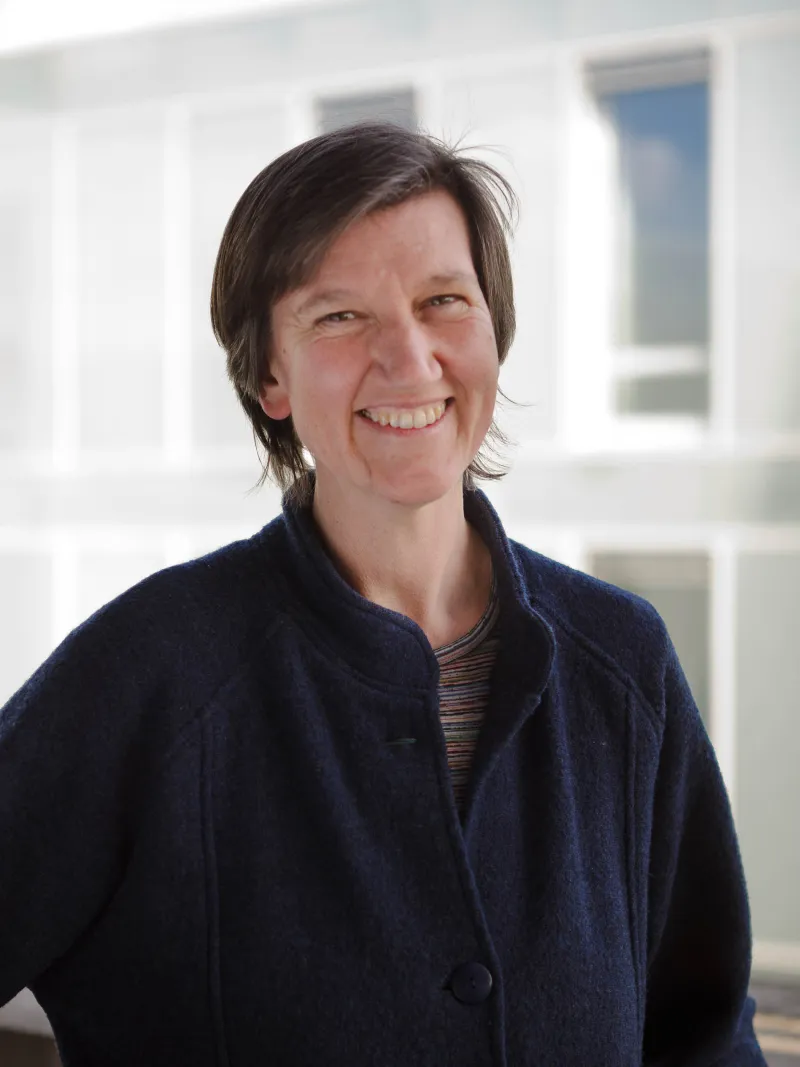Conservation and Restoration
The programme offers three fields of study, which are distinguished by material-specific and technological characteristics: Wood, Stone, Mural Painting. The direct contact with the university's courses in architecture and urban planning, cultural work and civil engineering and the practical connection to the surrounding monuments, museums, buildings and works of art in the UNESCO World Heritage city of Potsdam, the state of Brandenburg and the capital city of Berlin form optimal framework conditions.
Study Conservation and Restoration
Bachelor's Programme
In the first semesters, the Bachelor's degree programme provides basic knowledge in the preservation of historic buildings and focuses on wood, stone and mural painting.
Master's Programme
The Master's programme deepens students' knowledge and skills, qualifying them for a higher qualification for independent and competent professional practice.
25 Years of Conservation and Restoration

In 2020, the degree programme Conservation and Restoration celebrated its 25th anniversary. To mark this occasion, a brochure was produced that tells the story of the degree programme, presents the fields of study in detail and gives you insights into the everyday life of the degree programme and the teaching formats.
Download brochure
Job Profiles
"In the trio of art historians, natural scientists and restorers who today are essentially concerned with conservation and restoration issues, the latter differs decisively from the other two in that he is the only one who lends a hand to the original to a greater extent.
This not only gives him a special responsibility in the technical and manual area, but also in his ideal function as protector and preserver of the works of art entrusted to him. (...) The work of art needs an advocate to protect it from the worst abuse.
Here, the restorer has a special responsibility, as he is the only one who, due to his training, but also due to his interests and his individual knowledge of the object, can weigh and judge to what extent a work of art can withstand the strains placed upon it or will suffer irreparable damage in the process."
Bruno Heimberg, Das Selbstverständnis des Restaurators. Ein Versuch der Standortbestimmung, in: Zeitschrift für Kunsttechnologie und Konservierung Heft 2/1994, Worms 1994, pp. 340-344.
News
More news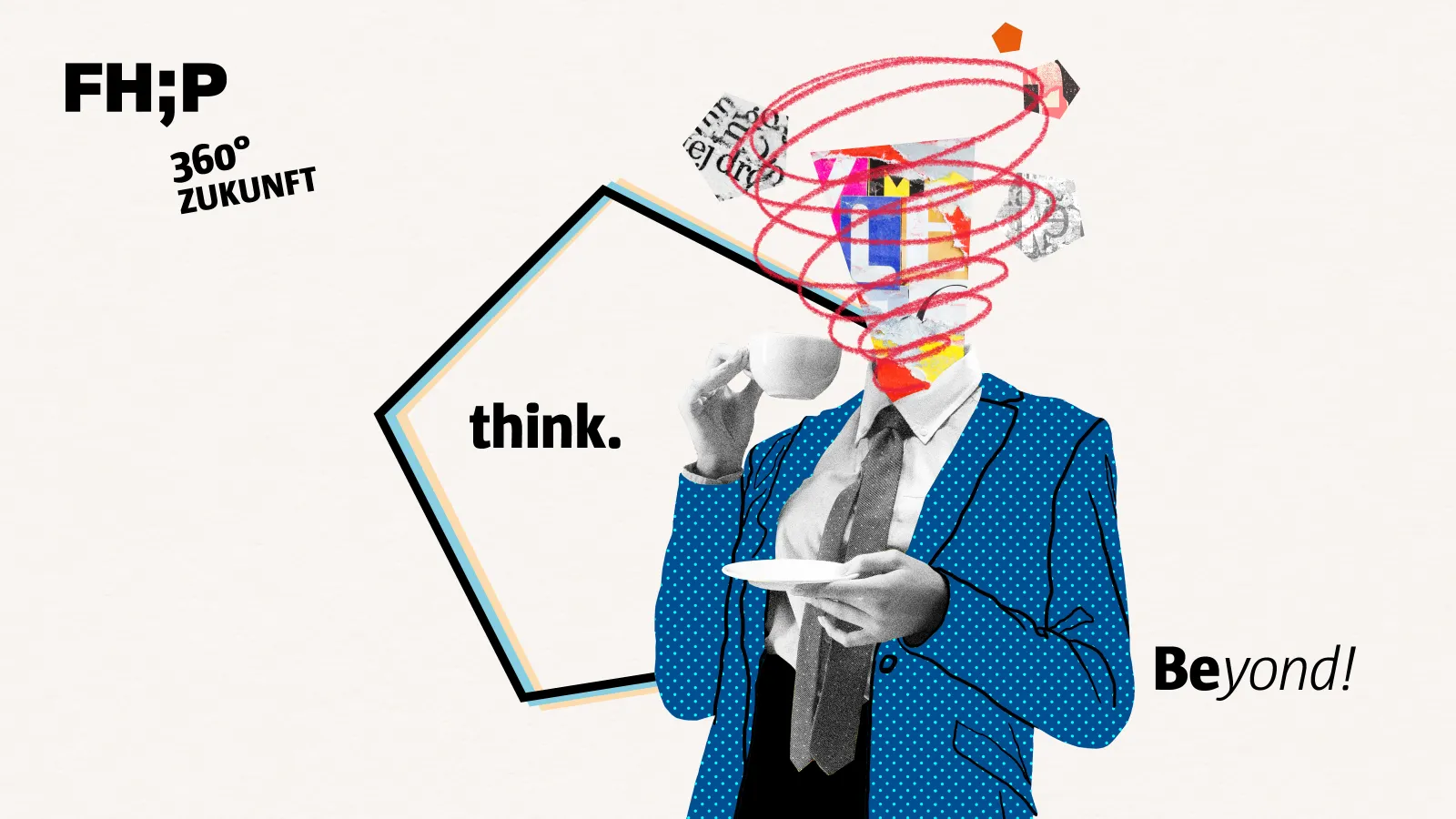
News
New FLEX Course in Cooperation With the Waschhaus Potsdam
The Entrepeneurship School's FLEX courses are once again open for self-enrolment. There are 5 interdisciplinary courses to choose from in the summer semester 2026. The cooperation with the Waschhaus Potsdam is new.
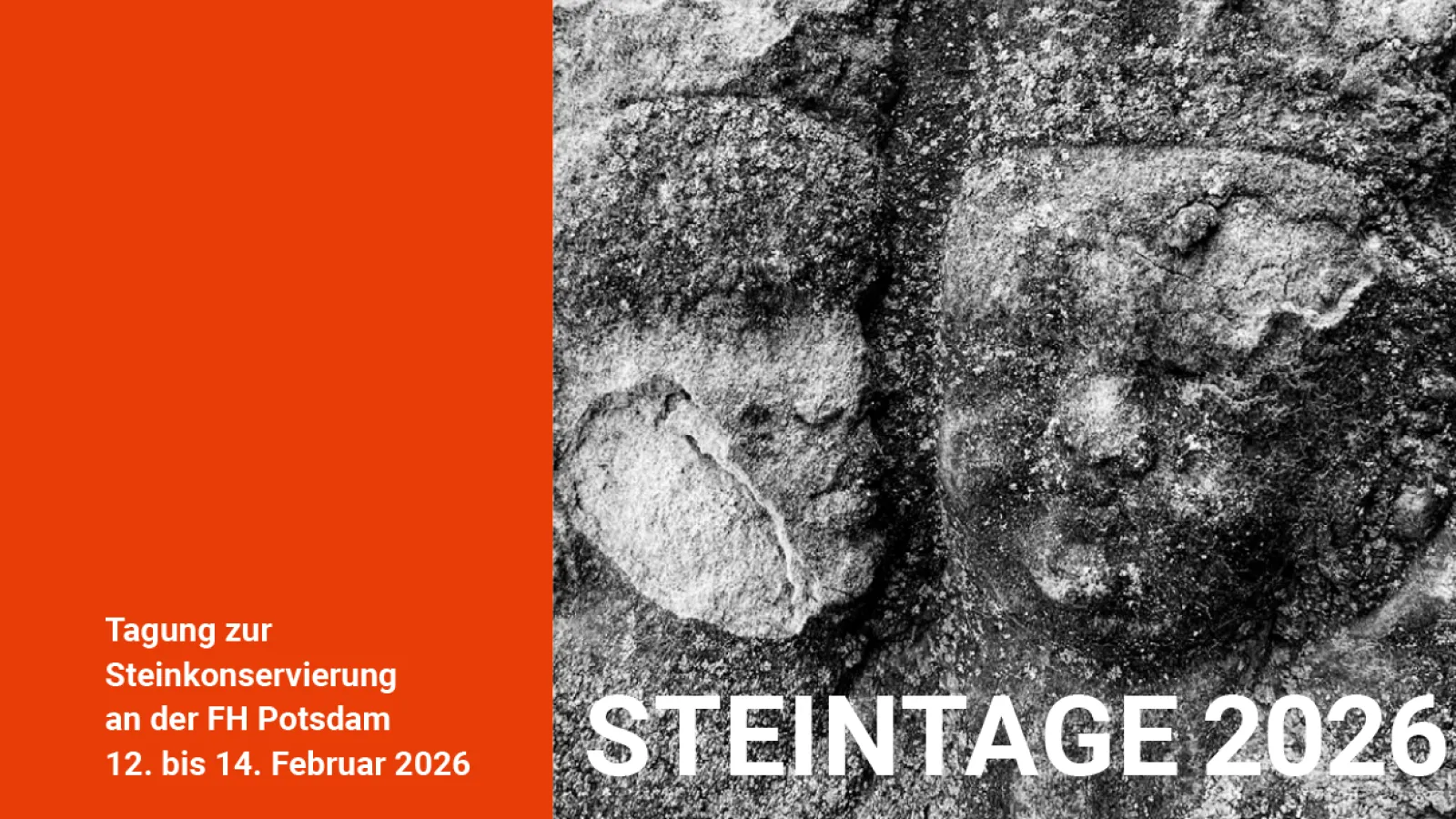
Press release
Stone Days 2026 at the Potsdam University of Applied Sciences: symposium on stone conservation
The Steintage 2026 will take place from 12 to 14 February 2026 at the Potsdam University of Applied Sciences (FHP). The symposium of the Stone Conservation Section of the Association of Conservators (VDR) offers a central forum for professional exchange on current topics and challenges in stone…
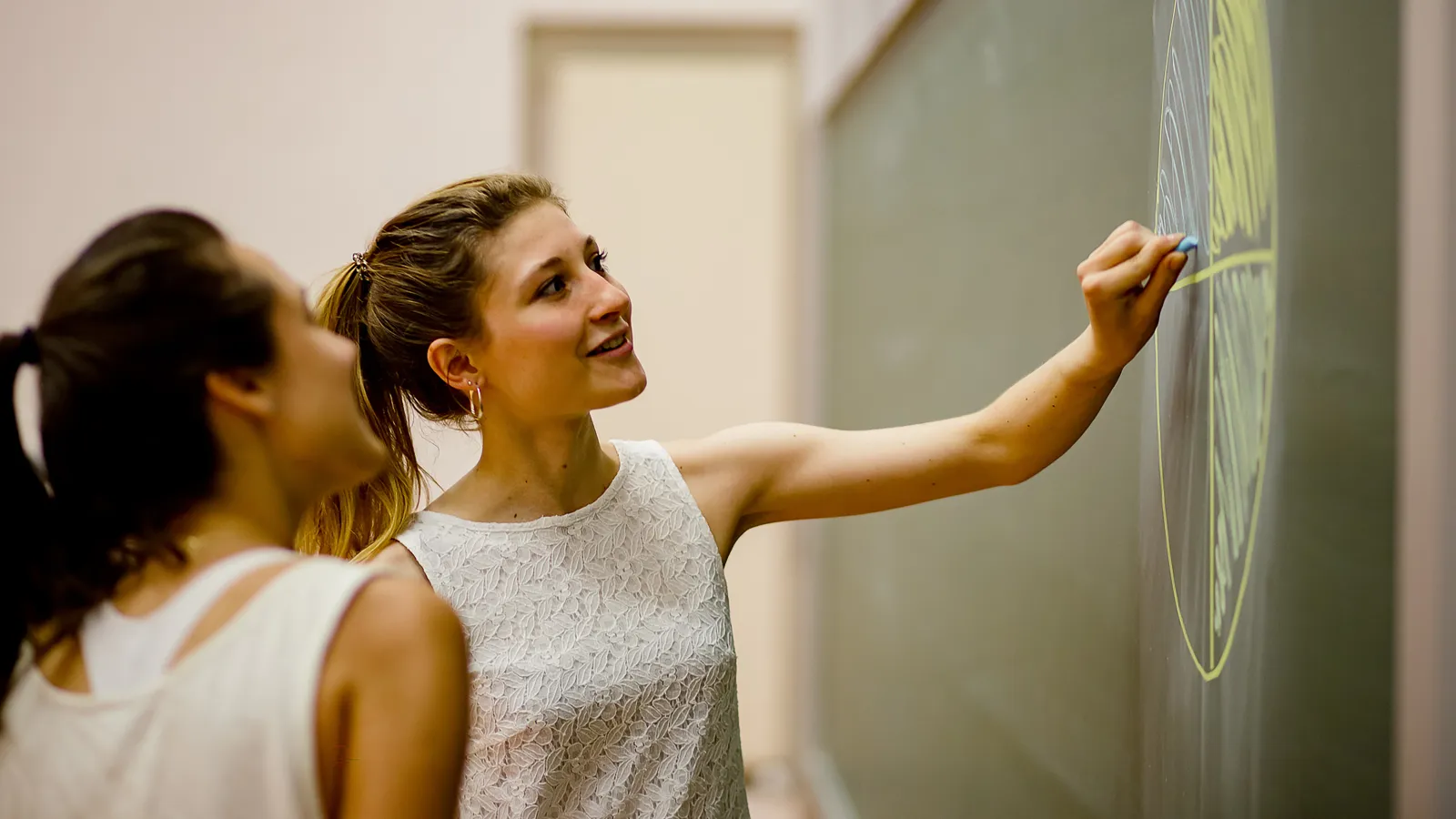
News
Free study places at the FHP: lottery procedure started, enrolment deadlines are running
Looking for the right Master's programme? There are still places available for the summer semester 2026 at the University of Applied Sciences Potsdam (FHP) in the Departments of CITY | BUILDING | CULTURE, Civil Engineering and Information Sciences - apply now!
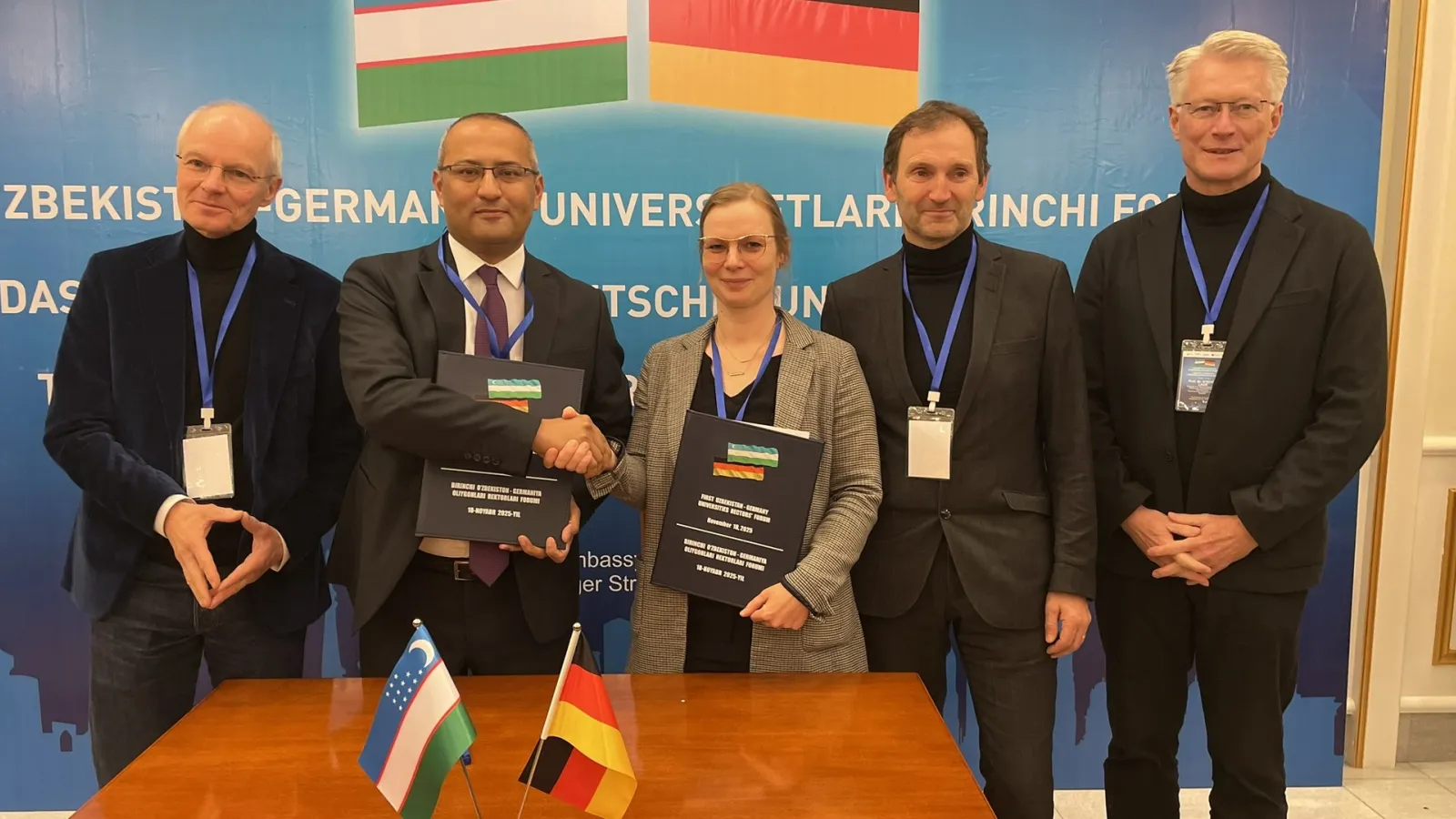
Press release
University of Applied Sciences Potsdam takes part in the first Uzbekistan-Germany Universities Forum in Berlin
In November 2025, the University of Applied Sciences Potsdam (FHP) took part in the first Uzbekistan-Germany Universities Forum at the Embassy of the Republic of Uzbekistan in Berlin. The forum focused on the expansion of German-Uzbek university relations and offered the participating institutions a…
Dates
More eventsUX Portfolio Review & Guidance: What Interviewers Really Want to See
Study Orientation Fair: DeinStudium in Berlin-Brandenburg
Orientation Week - Navigate your PhD-Project
Orientation Week - Navigate your PhD-Project
Contact
Study Advisory Stone
Counselling: Due to the research semester, counselling can only take place online and by appointment.
Registration: Please register in advance by e-mail: jeannine.meinhardt@fh-potsdam.de to receive a registration confirmation.
Location: Laboratory and Workshop Building/Room 243
Study Advisory Wood
Consultation and registration: Appointments by arrangement by e-mail. Please contact Angelika Rauch (with contact details) at: angelika.rauch@fh-potsdam.de.
Location: Laboratory and Workshop Building/Room 064
Study Advisory Mural Painting
Counselling times: Thursdays, from 10.00 am – 11.30 am
Registration: Please register by e-mail in advance: tjalda.eschebach@fh-potsdam.de.
Location: Laboratory and Workshop Building/Room 247 – 248
